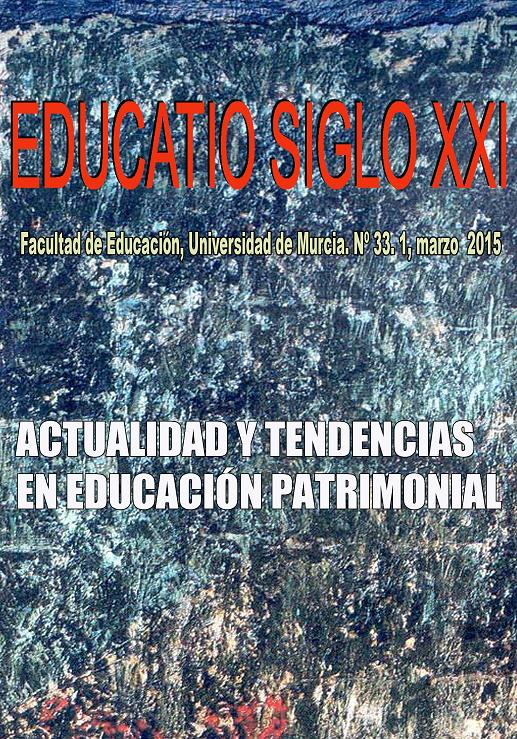Heritage comunication and education
Abstract
A synthesis of the research activity of the group EDIPATRI (Universidad de Huelva) is presented. This group approaches the field of heritage education from interdisciplinary, holistic, symbolic-identity and social-criticism perspectives. After highlighting the background and academic context for this field of research, communication theory is the framework chosen to understand the processes of heritage teaching and learning. The category system is the basic research tool used by this research group. The most significant results obtained in formal and non-formal education are shown. Although there is still a traditional approach to heritage education, these studies show that there is an increasing number of proposals which advocate for an understanding of heritage as an open, flexible, interactive, and dynamic category. This implies a significant improvement in heritage education and a much brighter future for the discipline. Finally, some conclusions about different research fields are proposed. Some of them will be worked in the future for the purpose of promoting an adequate heritage communication and education.
Downloads
-
Abstract2885
-
PDF (Español (España))1618
Original work publishes in this journal is subject to the following terms:
1. Murcia University Press (the publishing house) holds the copyright of the publishes work, and favours and allows their reutilization under the use license stated in point 2.
© Servicio de Publicaciones, Universidad de Murcia, 2015
2. Work is published in the electronic edition under a license (Creative Commons Reconocimiento-NoComercial-SinObraDerivada 4.0 España (legal text). They can be copied, used, disseminated, transmitted and publicly presented, as long as: i) authorship and original publication source is acknowledged (journal, publishing house and URL of the work); ii) are not used for commercial purposes; iii) the existence and specifications of this use license is stated.
3. Conditions for self-archive. Authors are allowed and encouraged to disseminate electronically the pre-pint (before review) and/or post-print (accepted for publication) versions of their work before their publication since that favours earlier circulation and dissemination resulting in an increased chance for the authors to be cited and for the work to reach a bigger share of the academic community. Colour: RoMEO: green.








